Former Ashanti Security Chief Slams Napo’s Tribal Remarks, Urges Asanteman to Rally Behind Mahama and NDC

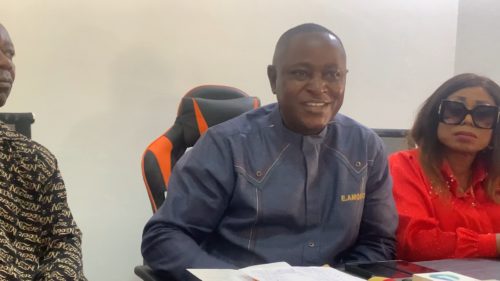
The former Ashanti Regional National Security Coordinator under the previous National Democratic Congress (NDC) administration, Mr. Enoch Nsiah Amoako, has voiced strong disapproval of recent comments made by Dr. Matthew Opoku Prempeh, commonly known as “Napo.” Dr. Prempeh, who is the Minister of Energy and Member of Parliament for Manhyia South, reportedly urged the people of the Ashanti Region not to support the opposition NDC in the upcoming general election, claiming that the party has nothing of value to offer Asanteman.
During a recent engagement with supporters in the Ashanti Region, Dr. Opoku Prempeh allegedly stated that the National Democratic Congress (NDC) lacks commitment to the development of the Ashanti Region. He also suggested that voting for the NDC would be tantamount to bringing a curse upon the region. These remarks have sparked criticism, especially from Mr. Nsiah Amoako, who described Napo’s comments as divisive and detrimental to the unity and progress of the region.
Speaking to the media in Kumasi, Mr. Nsiah Amoako countered Napo’s claims, asserting that the Ashanti Region has witnessed significant development under previous NDC administrations. He criticized Dr. Opoku Prempeh’s comments as unwarranted and urged the people of Asanteman to avoid falling prey to tribal and divisive rhetoric.
“The people of Asanteman have seen progress every time the NDC is in power. Napo’s statements are simply uncalled for,” Mr. Nsiah Amoako declared. According to him, the current administration’s tax policies have placed a significant burden on businesses in the region, limiting growth and opportunities for the Ashanti business community. He highlighted that businesses are suffering due to the “nuisance taxes” they are required to pay, which he believes hinder economic development.

Mr. Nsiah Amoako further suggested that if Dr. Opoku Prempeh genuinely had the interests of Asanteman at heart, he would work within the government to reduce the tax burden and promote initiatives that foster economic empowerment for local businesses. “If Napo truly cared about the development of Asanteman, he would have influenced the government to perform better for the people here,” he emphasized.
The former Security Coordinator also questioned the NPP government’s commitment to delivering on key infrastructure projects promised in the region. He expressed doubts over projects like the construction of the Suame Interchange, the second phase of the Kejetia Market, and the Boankra Inland Port, which he described as campaign tactics designed solely to attract votes without a real plan for completion.

“These projects, including the Suame Interchange and Boankra Inland Port, are mere political stunts. The NPP knows they cannot complete these within the promised timelines, yet they are cutting sods to deceive the people of Asanteman,” Mr. Nsiah Amoako emphasized.
In response, he urged residents of the Ashanti Region to reject what he referred to as the government’s “deceptive tactics” and instead vote massively for John Dramani Mahama and the NDC. He argued that an NDC government would address the region’s developmental needs more effectively, while also providing relief for businesses suffering under the current administration’s economic policies.
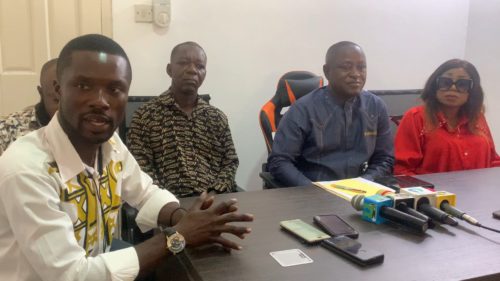
With only a few months until the December 7 general election, Mr. Nsiah Amoako’s statements have added momentum to the conversation around regional development and political accountability in the Ashanti Region. As the political battle heats up in the NPP stronghold, both major parties are keenly aware of the significance of votes from the region, prompting appeals for loyalty as well as promises of development.

In concluding his statement, Mr. Nsiah Amoako urged voters to prioritize tangible results over tribal loyalties and to choose a government that prioritizes development and economic empowerment. He encouraged the people of Asanteman to support a party that has demonstrated a commitment to progress and improvement in the region, urging them to rally behind John Mahama and the NDC for a future marked by inclusive growth and prosperity.



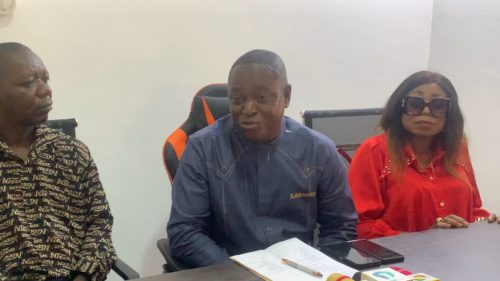
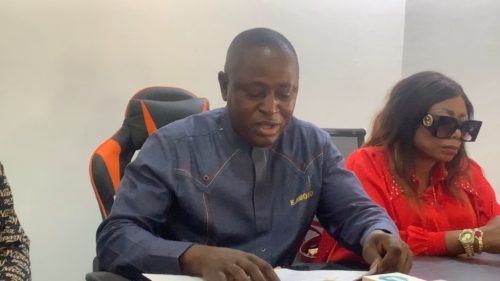

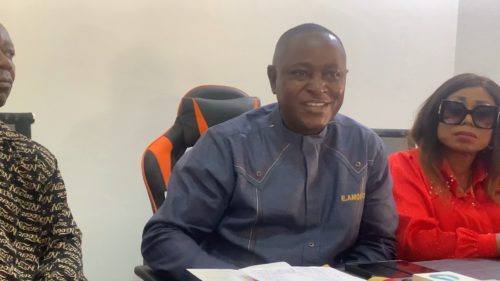

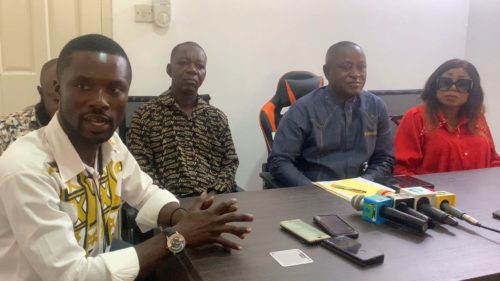

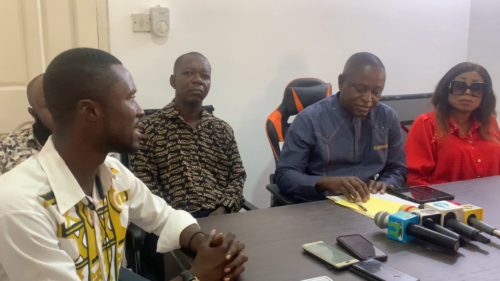

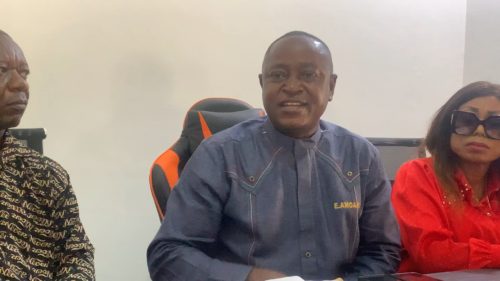


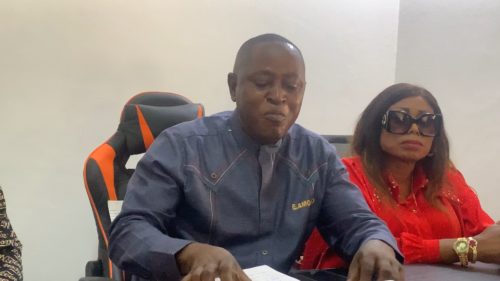
By Simon Opoku Afriyie





